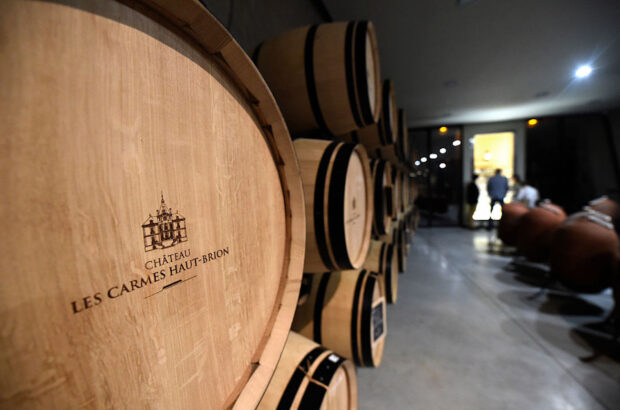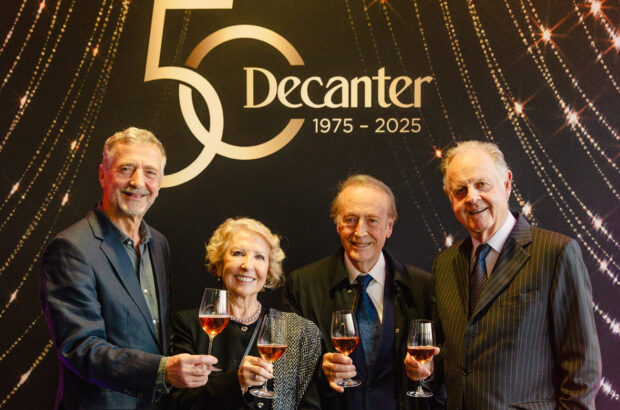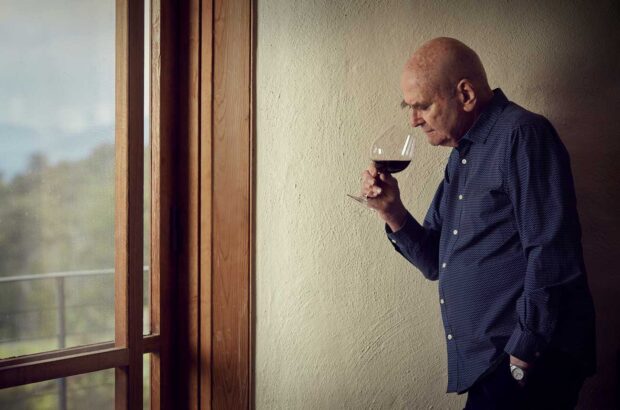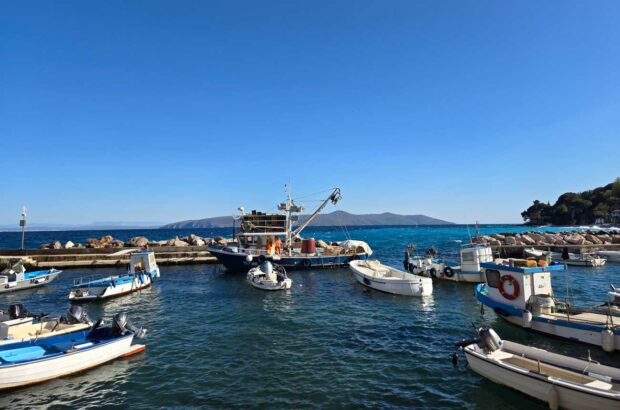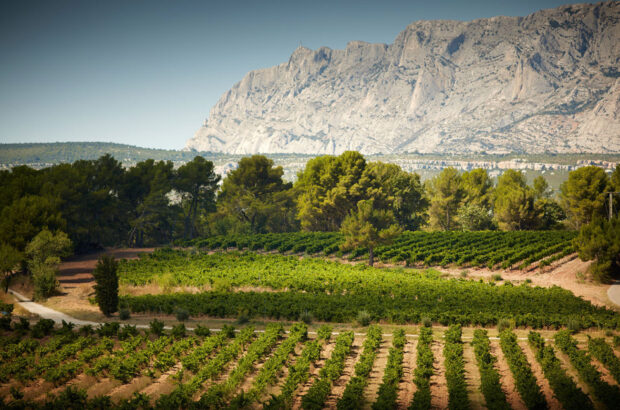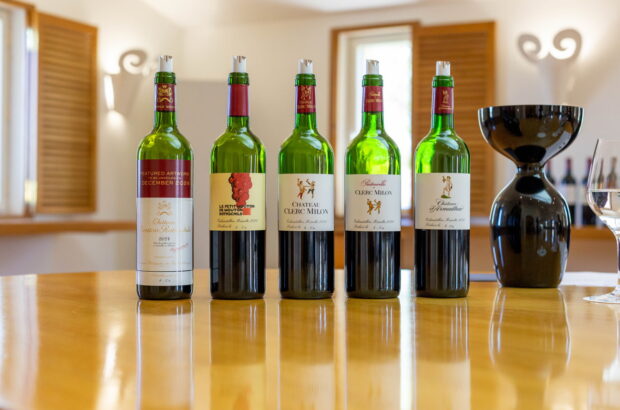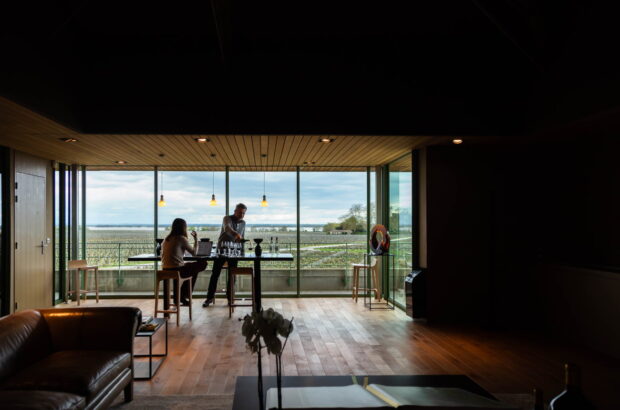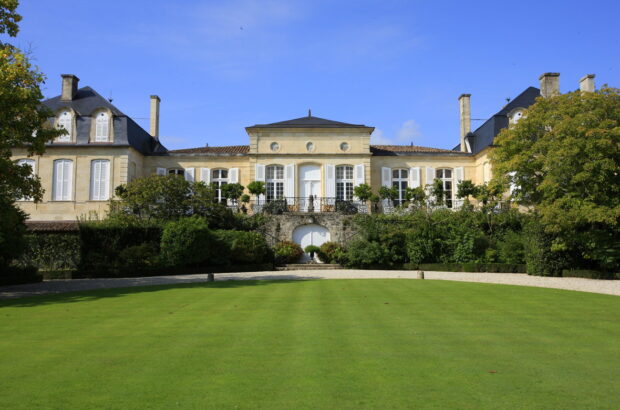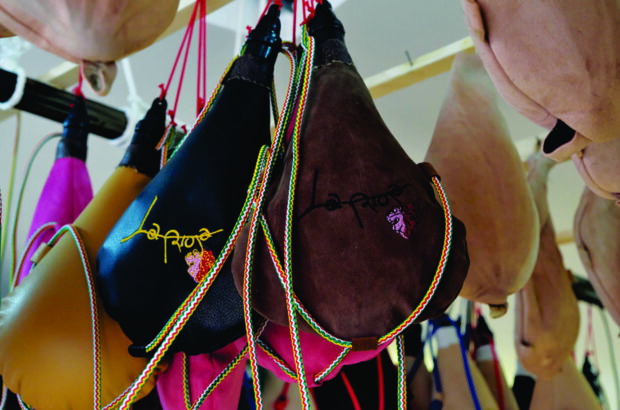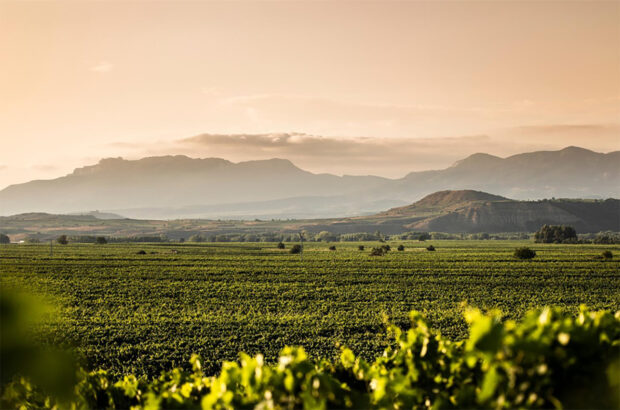My book The Complete Bordeaux, which has been revised every five years, is soon to be published in its fourth edition. This may seem like excessive haste, given the scope of the book, but it is astonishing how rapidly changes can take place in the region. Burgundy, in contrast, is relatively stable, since most properties are family-owned and tend to stay that way. But not so in Bordeaux, where there are ample opportunities for newcomers to acquire established properties, as they have been doing for centuries.
Since 2017, the following Margaux estates have changed hands: Cantenac Brown, Dauzac, du Tertre and La Tour de Mons. Over in St- Emilion, sales have included Beauséjour Duffau- Lagarrosse, Bellefont-Belcier, Berliquet, Fonroque, Franc Mayne, Grand-Pontet, Le Prieuré, Troplong Mondot and Villemaurine.
Some of these changes have been surprising. Basile Tesseron had been elevating quality steadily at Château Lafon-Rochet in St-Estèphe. Then all of a sudden, in 2021, the estate was sold to Jacky Lorenzetti, a real-estate magnate who had snapped up other properties in the Médoc. Not even Tesseron’s relatives were able to explain to me why this had occurred.
But the major development over the past few years has been a surge of interest in environmental issues, such as the elimination of chemical fertilisers and the pursuit of greater biodiversity.
The natural way
Organic and biodynamic farming have been slow to take off in Bordeaux. Olivier Bernard, of Domaine de Chevalier, mused at a dinner he gave in April this year: ‘It’s easy to be biodynamic in Provence. But here in Bordeaux we have a maritime climate and constantly have to fight diseases.’ Nonetheless, the more than 200ha Bernard owns or leases are now entirely organic or biodynamic, though not yet certified.
This is by no means unusual. Claire Villars Lurton, owner of three Médoc properties, including two classed growths, and her husband Gonzague of Château Durfort-Vivens in Margaux, made the same commitment some years ago and are now focusing on expanding biodiversity throughout their properties (see ‘Bordeaux innovators’). By 2021, 13% of all Bordeaux vineyards were certified organic or biodynamic. Everyone accepts that healthier vineyards (and vineyard workers) are a positive development.
A relatively new environmental certification is Haute Valeur Environnementale. The system’s widely adopted Level 3 is not that demanding, and yet it is still remarkable that by 2021 two- thirds of all Bordeaux vineyards were compliant.

Olivier Bernard oversees harvesting at Domaine de Chevalier in Pessac-Léognan
Heat control
Everyone is now aware of the difficulties presented by global warming. Many consumers are alarmed by the growing number of wines as ripe and potent as those (once scorned by the French) from California. In very hot Bordeaux vintages such as 2018 and 2019, alcohol levels of 14.5% and more are not unusual. Although such wines may find favour with some American and international consumers, few in Bordeaux itself welcome the trend. But how to combat it? Some try picking earlier or reducing yields, but this risks bringing an element of greenness to the wines. Others are adopting a more long-term strategy of changing the blend in the vineyard. In St-Emilion, some Merlot, which easily over-ripens, is being replaced by Cabernet Franc – this usually ripens at lower sugar and thus alcohol levels. At fourth growth Château La Tour Carnet in Haut-Médoc, Bernard Magrez has planted 75 grape varieties to assess what could become varieties of the future. Even the guardian of viticultural purity INAO has authorised the planting and eventual use of non-traditional varieties such as Marselan for basic Bordeaux wines, albeit in very limited quantities. But it shows an awareness of the problem.
So too does the rise of a new generation of consultants. Expert advisers such as Michel Rolland and Stéphane Derenoncourt are still names to be conjured with, but younger consultants such as Thomas Duclos (see ‘Bordeaux innovators’) are keen to produce wines with greater freshness and balance, even in very hot years. In 2020, St-Emilion first growth Château Troplong Mondot produced a wine of more than 15.5% alcohol; under new ownership, it has now hired Duclos to reverse the trend.
Exploring new avenues
Soporific Sauternes has also seen radical changes, with an influx of businesslike new owners. Some have long produced dry white wines too, but they
have usually been of middling quality. Today, Châteaux Guiraud, Lafaurie-Peyraguey, Rayne Vigneau and Suduiraut – aware that the market for top-quality Sauternes is limited – now use some of their vineyards for excellent and quite costly dry whites.
Winemaking has altered too. Until recently, the prestigious wines were always aged in barriques. Now many winemakers are substituting amphorae for some oak barrels, arguing that they provide a gentle and positive oxidation without any wood influence. Margaux seems to have moved in this direction with the most enthusiasm, but clay jars are now found throughout Bordeaux.
There have been other developments, perhaps of more parochial interest. The St-Emilion classification, which has been subject to legal challenges for many years, is now self-destructing, largely because of mutual antagonism between proprietors. And the Alliance des Crus Bourgeois du Médoc has reinstated a three-tier hierarchy (with its upper levels of Supérieur and Exceptionnel), even though some outstanding estates remain outside the system.
Meanwhile, the annual en primeur sales system trundles on, oblivious to the fact that score inflation has made rating distinctions between the best properties barely discernible.
So there’s never a dull minute in contemporary Bordeaux, hence the need for constant revision of a book with encyclopaedic pretensions!
Stephen Brook is a Decanter contributing editor, a DWWA Regional Chair, and the author of almost 40 books. The fourth edition of his definitive study The Complete Bordeaux (Octopus, £55) is due out in September this year.



